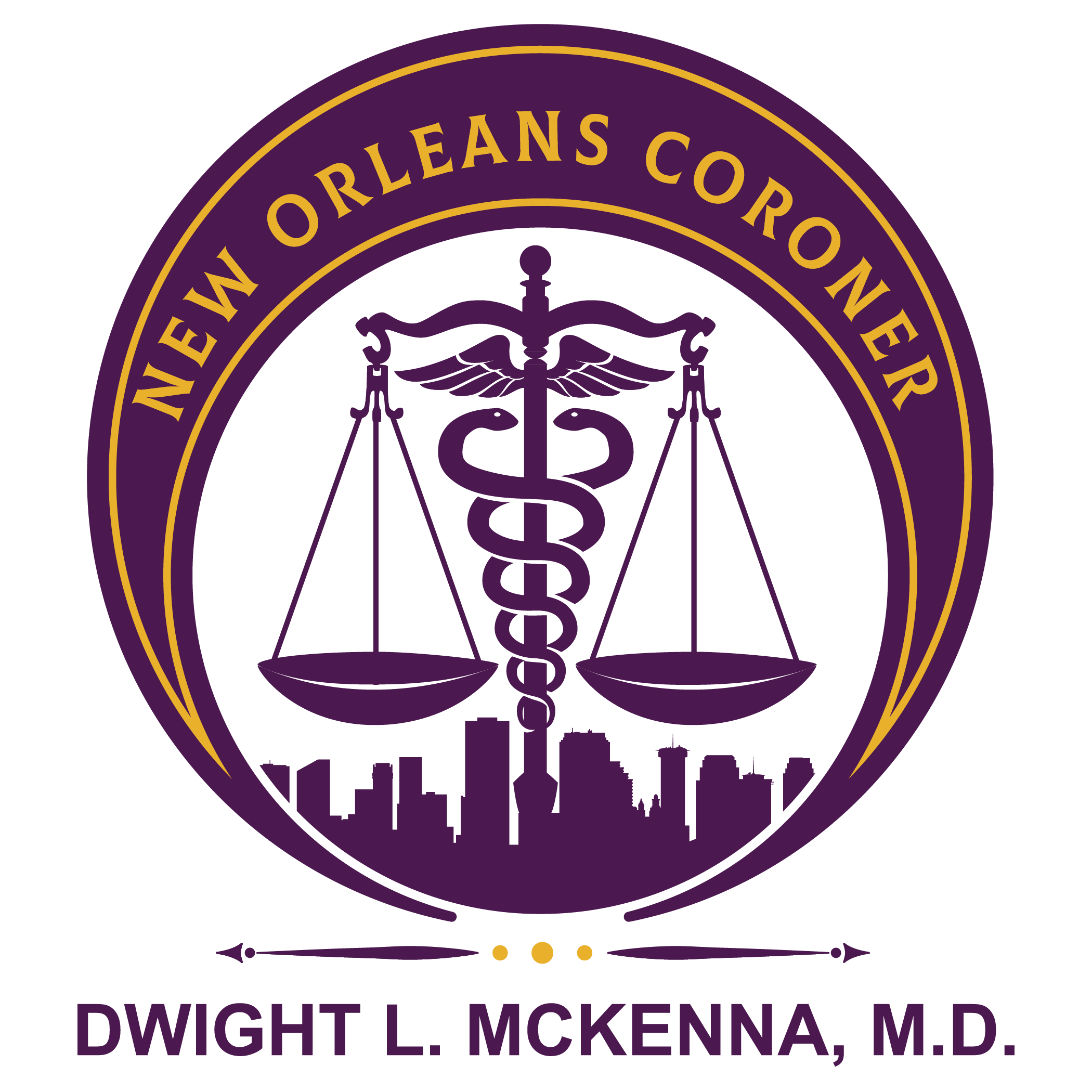There is a lot of talk these days about the pros and cons of medical marijuana. It’s a hot topic
that has a lot of people wanting more information. Orleans Parish Coroner, Dr. Dwight
McKenna, weighs in on a few things you should know.
33 state legislatures have legalized medical marijuana for a wide variety of conditions, and
their counterparts in 13 other states allow its use in limited circumstances.
• Used for patients struggling with pain, depression, PTSD, Multiple sclerosis, cancer pain
anxiety, insomnia, migraines, Crohn’s disease, glaucoma, loss of appetite and a few others.
• The most talked about, of course, is tetrahydrocannabinol (THC) and
cannabidiol (CBD). THC creates the affect of what’s described as “being high” and CBD does
not get users high.
Dr. McKenna says he gets asked the question, “Does cannabis fight cancer?” Does THC
safely reduce cancer-related pain? McKenna says, research shows the answer is mixed.
There are some preliminary studies that show CBD may help stave off some types of cancer.
Researchers have found that CBD induces programmed cell death n breast cancer cells.
A review of nine pain-reduction trials, five of which focused on cancer pain, concluded that
THC controlled pain about as well as codeine (but noted that depressant effects on the central
nervous system often limited the use of THC).
McKenna says, some studies showed that CBD and THC can slow the progression of brain
tumors, called glioblastomas, which have a very high number of cannabinoid receptors.
DRIVING UNDER THE INFLUENCE
Dr. McKenna say the AAA Foundation for Traffic Safety estimates that nearly 15 million
Americans drove under the influence of cannabis. A recent study shows that of 790-medical
marijuana users, 1-in-5 admitted to having driven “very high.” So, did it affect their driving?
What is clear, is cannabis can impair driving.
• Vehicle-handling skills
• Reaction time impacted
• Mental focus
• Ability to stay in your lane
• Affects your sense of time and distance
Right now, there is no hard research that shows what quantity or potency of cannabis makes
you a driving risk. More studies are on the way that will make it easier to determine how soon
it is safe to drive after ingesting cannabis. So for now, its best to avoid mixing marijuana with
driving.
Half of the primary care doctors working at Mayo Clinic medical offices said in a survey that
they weren’t prepared to answer patients’ questions about medical marijuana, even though 58%
believed it was a legitimate medical therapy for terminal illnesses, untreatable pain and cancer
symptoms.
Some doctors say it makes sense to try cannabis when you consider the track record of other
medications a lot of older adults take, especially for pain, sleep and anxiety. Cannabis can be as
effective as anything. Now a days, some nursing homes are experiencing a profound shift toward
acceptance.
CHRONIC PAIN
More than 600,000 Americans turn to cannabis for relief from chronic pain, and the scientific
evidence of it working, is substantial.
Some trials of people who had agonizing health concerns like HIV, cancer, chemotherapy, joint
problems, arthritis and multiple sclerosis, showed that cannabis reduced pain by 40%.
This is something to talk to your doctor about if you are considering using medical marijuana,
according the Dr. McKenna.
